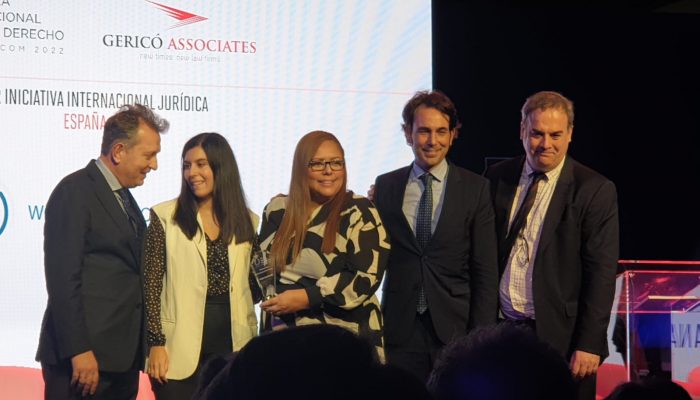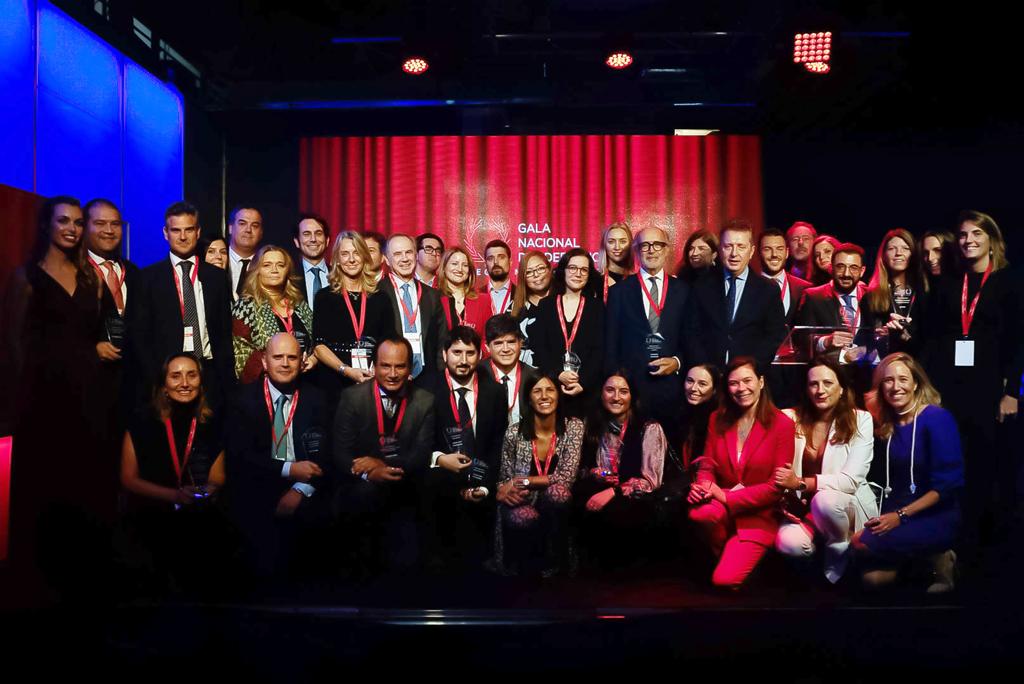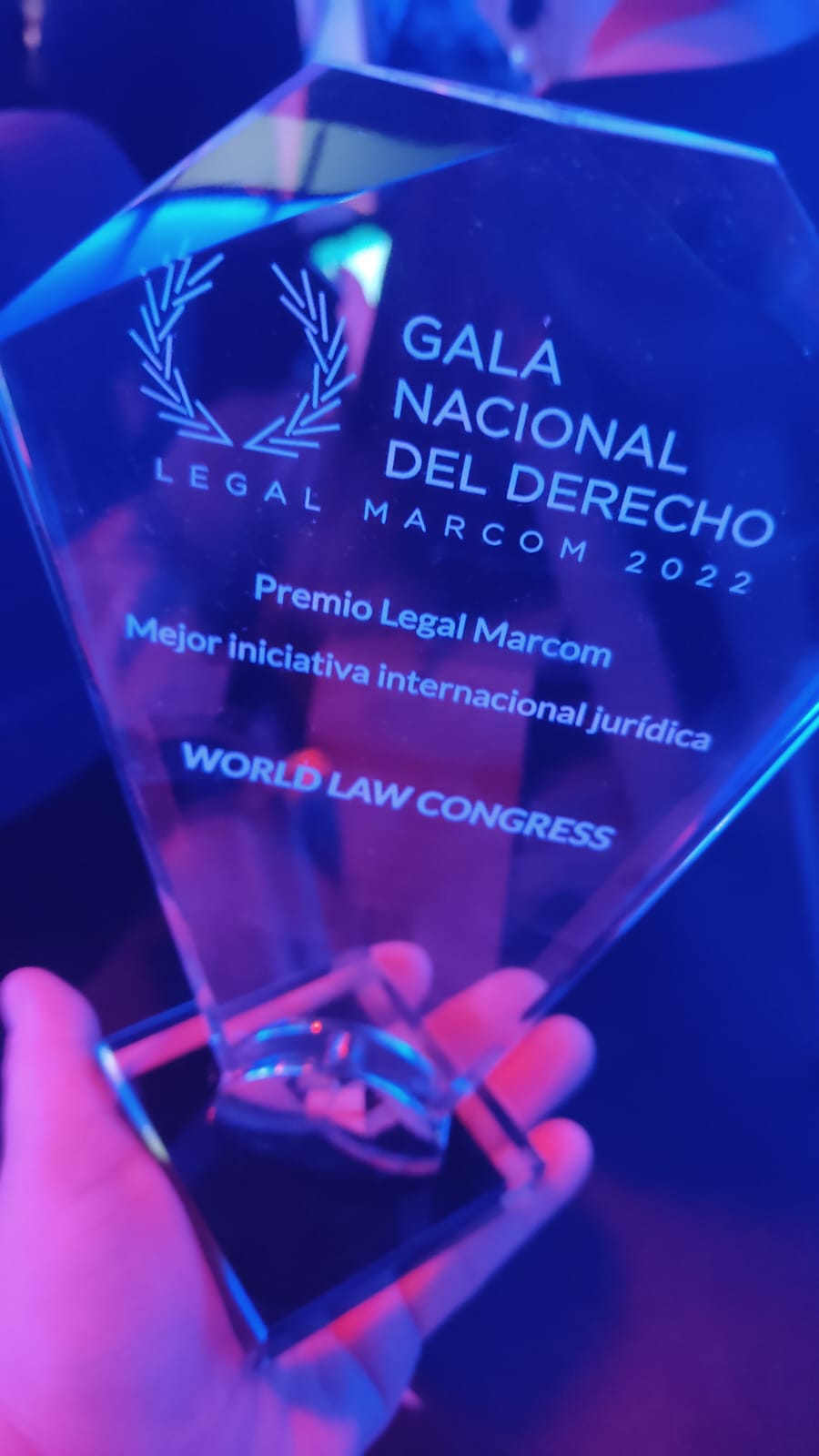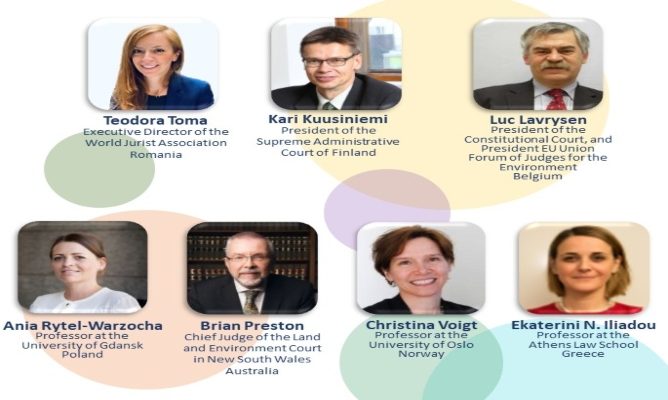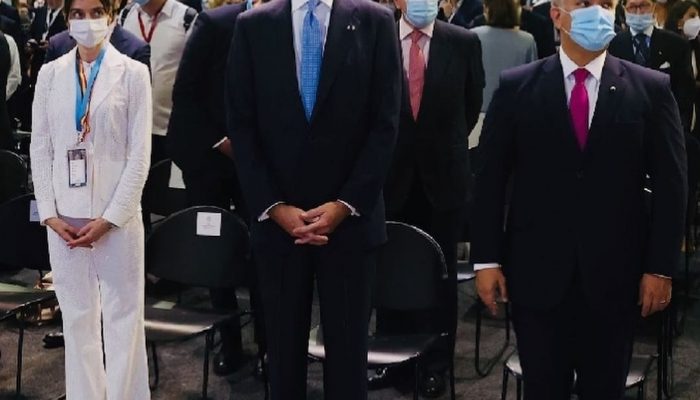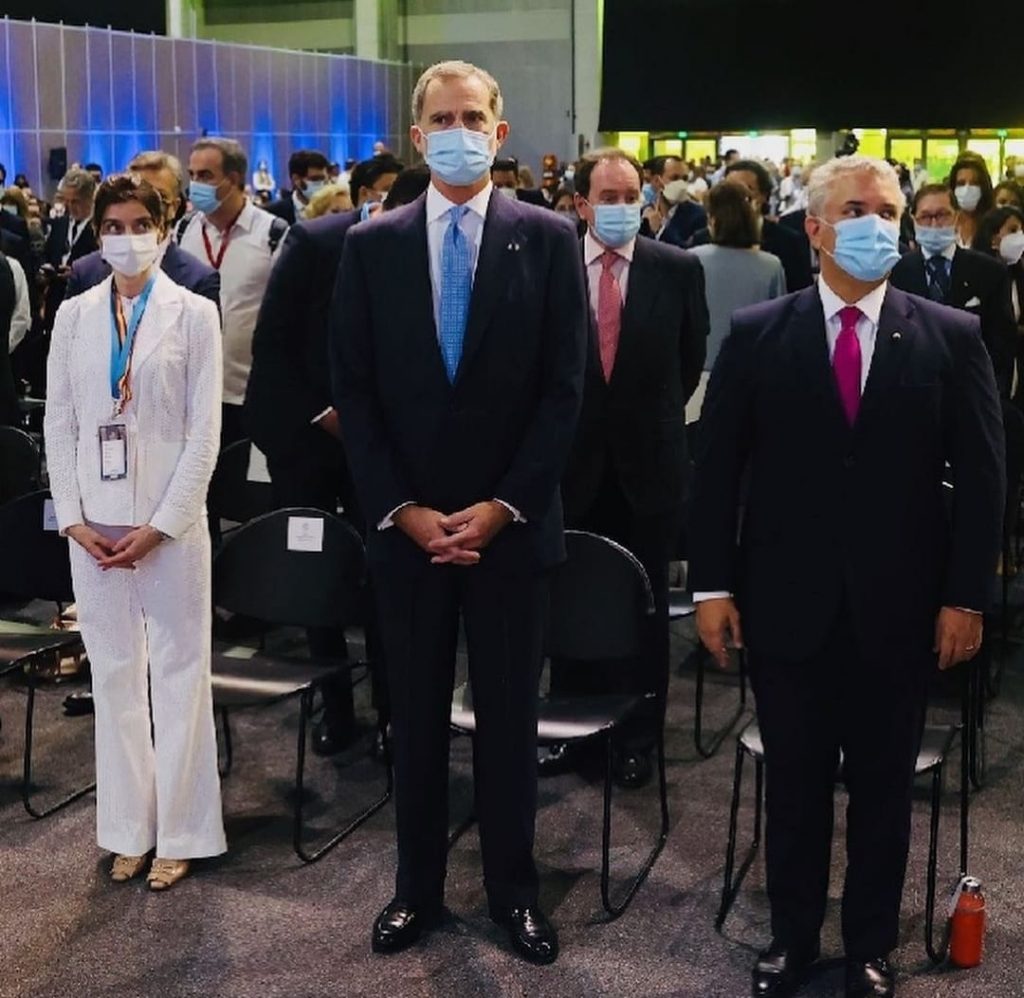Last week in Mexico City, the World Jurist Association (WJA) and the World Law Foundation (WLF) signed agreements for collaboration and strategic alliance with different guild associations of this country: the National Bar Association of Lawyers of Mexico (INCAM), the National Association of Corporate Lawyers of Mexico (ANADE), the Mexican Bar Association of Lawyers, and the General Council of Mexican Lawyers.
The agreements raise the necessity to spread the importance of the Rule of Law as a fundamental pillar of democracy, peace, liberty, and human rights. Furthermore, these agreements consider a continuous alliance for the cooperation in the development of congresses and events, together with topics of mutual interest, academic exchanges, the development of publications, and other judicial activities of interest for all parties.
In this way, the Mexican guild organizations, the WJA, and the WLF become permanent collaborators and promise to reciprocally support each other in different projects aimed at promoting the Rule of Law.
The agreements were signed by Javier Cremades, President of the World Jurist Association & World Law Foundation; Víctor Olea Peláez, incoming President of the Mexican Bar Association of Lawyers; Nuhad Kuri, President of the ANADE; Arturo Pueblita Fernández, President of the INCAM; Gerardo Nieto Martínez, President of the General Council of Mexican Lawyers; in presence of Antonio Navalón, Juan Luis Cebrián, and Diego Solana, WLF advisors.
Invitation to the World Law Congress 2023
This framework agreement has also considered the participation of members of the Mexican guild organizations at the World Law Congress New York 2023, which will be held on July 20 and 21, this year.
This Congress gathers the international jurist community, every two years, in different parts of the world. At the event, global leaders will discuss and propose solutions to an extensive variety of topics, including regulations for the energy crisis, corporate law, environment, gender equality, human rights, artificial intelligence, education trends, among many others. For more information: www.worldlawcongress.com



